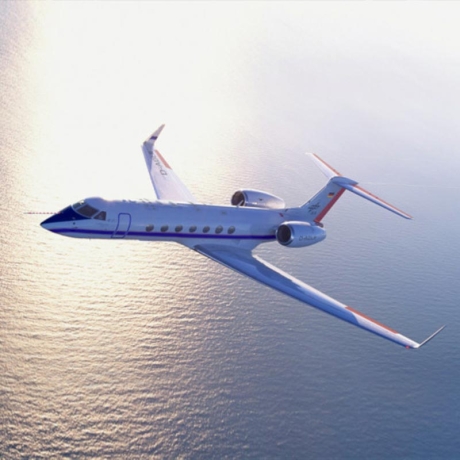About German Aerospace Center (DLR)
German Aerospace Center (DLR) is the Federal Republic of Germany's research centre for aeronautics and space. At DLR, research and development activities are carried out in the fields of aeronautics, space, energy, transport, security and digitalisation. DLR consists of 55 research institutes and facilities with a combined 10 000 employees. At the DLR’s Institute of Atmospheric Physics (DLR-PA), the physics and chemistry of the global atmosphere are investigated. In the context of greenhouse gas research, DLR-PA teams develop sensors and instruments for airborne and spaceborne platforms, conduct airborne field campaigns and perform analyses of the gathered data. In the department of Atmospheric Trace Species, previous and ongoing projects include collecting atmospheric greenhouse gas data and estimating emissions from anthropogenic point sources such as power plants and oil & gas facilities.
DLR and SCARBOn
DLR's primary responsibility involves analyzing data retrieved during the airborne campaigns to quantify greenhouse gas (GHG) emissions. Additionally, DLR is instrumental in the end-to-end performance validation of the NanoCarb-P instrument used in the SCARBOn project. By processing and analyzing the data, DLR helps assess the overall performance of the SCARBOn measurement concept in real-world conditions, contributing to the project's goal of enhancing GHG monitoring from space.

DLR, CC-BY 3.0
